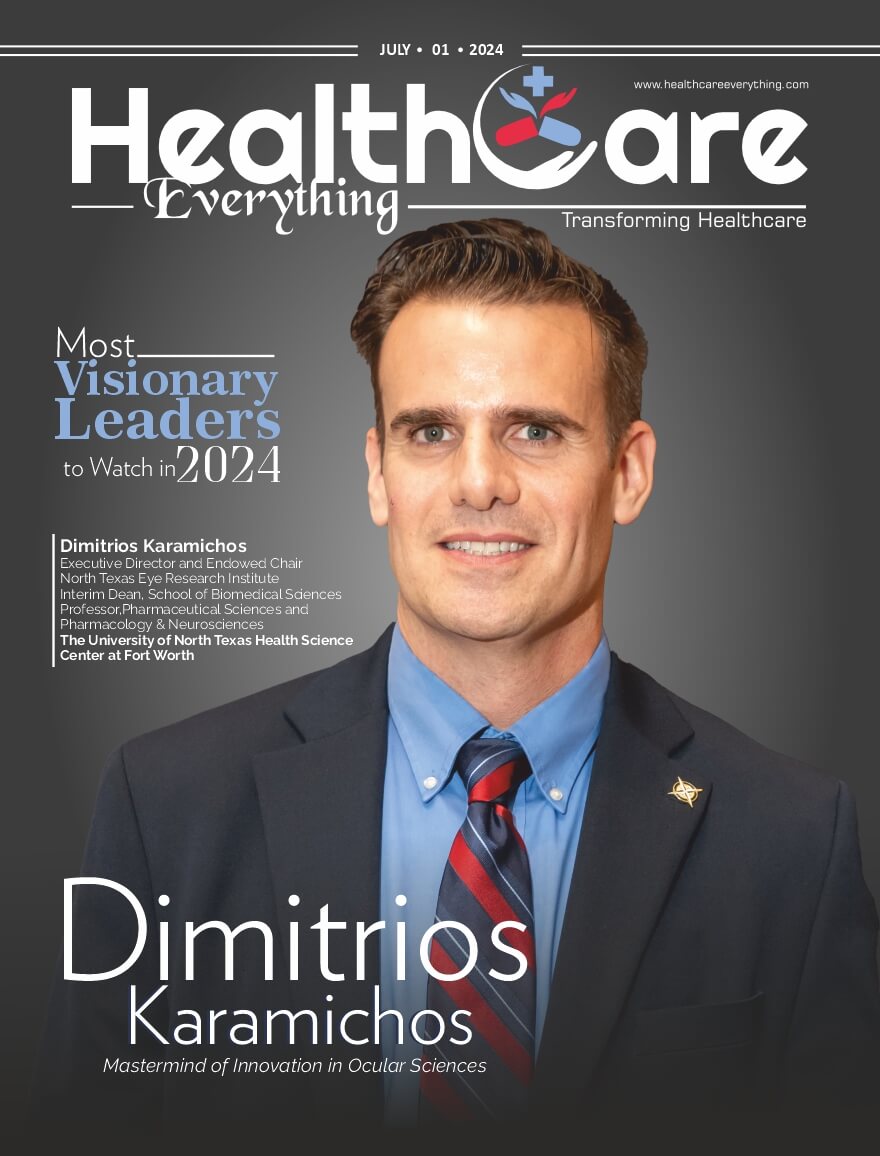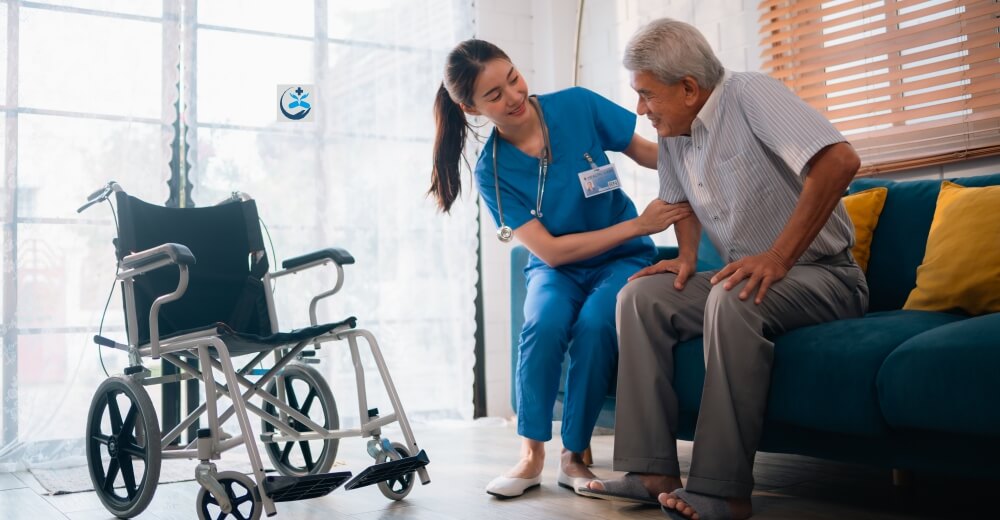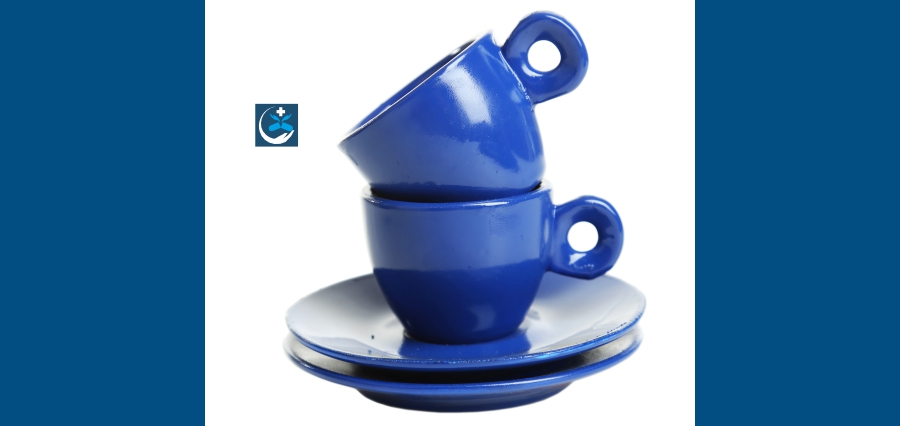According to Exeter University research, playing the piano is particularly linked to better brain processes in people over 40.
According to study, taking up an instrument or joining a choir is associated with improved memory and cognitive abilities as one ages.
In a study conducted by Exeter University, which examined data from over a thousand adults and examined the degree of musical expertise the participants had, the piano was particularly linked to a better brain in those over 40.
The scientists looked at the health of their brains, specifically the executive function—a mental mechanism that aids in organizing, concentrating, remembering, and juggling tasks—and discovered that people who played an instrument performed better.
Better brain health was also associated with singing, but the researchers noted that social aspects associated with group membership might also be important.
“Many studies have looked at the effect of music on brain health,” said University of Exeter dementia research professor Anne Corbett. We now have a rare chance to investigate the connection between music and cognitive function in a sizable sample of older persons because to our Protect study.
“In general, we believe that engaging in musical activities may be a means of utilizing the brain’s adaptability and durability, referred to as cognitive reserve.”Our results suggest that encouraging older persons to return to music in later life and supporting musical education would be an important component of public health campaigns to promote a protective lifestyle for brain health, even though further study is needed to fully understand this association.
“There is strong evidence supporting the benefits of music group activities for dementia patients, and this strategy could be expanded to include older adults in a healthy aging package so they can actively lower their risk and maintain brain health.”
“The results of this study are positive, and echo similar research into the benefits of both listening to and playing music for people living with dementia,” said Caroline Scates, deputy director of professional nurse development at Dementia UK.Even in the last stages of the disease, listening to music that the individual may still connect with can be a helpful method of communication for those with dementia. Even after losing other skills and ways of communicating, people with dementia can still create and perform music, whether by singing or playing an instrument.
“Keeping these instruments or sheet music close at hand for them to play or read can be beneficial if you know someone living with dementia who enjoys or has enjoyed singing or playing an instrument.”







